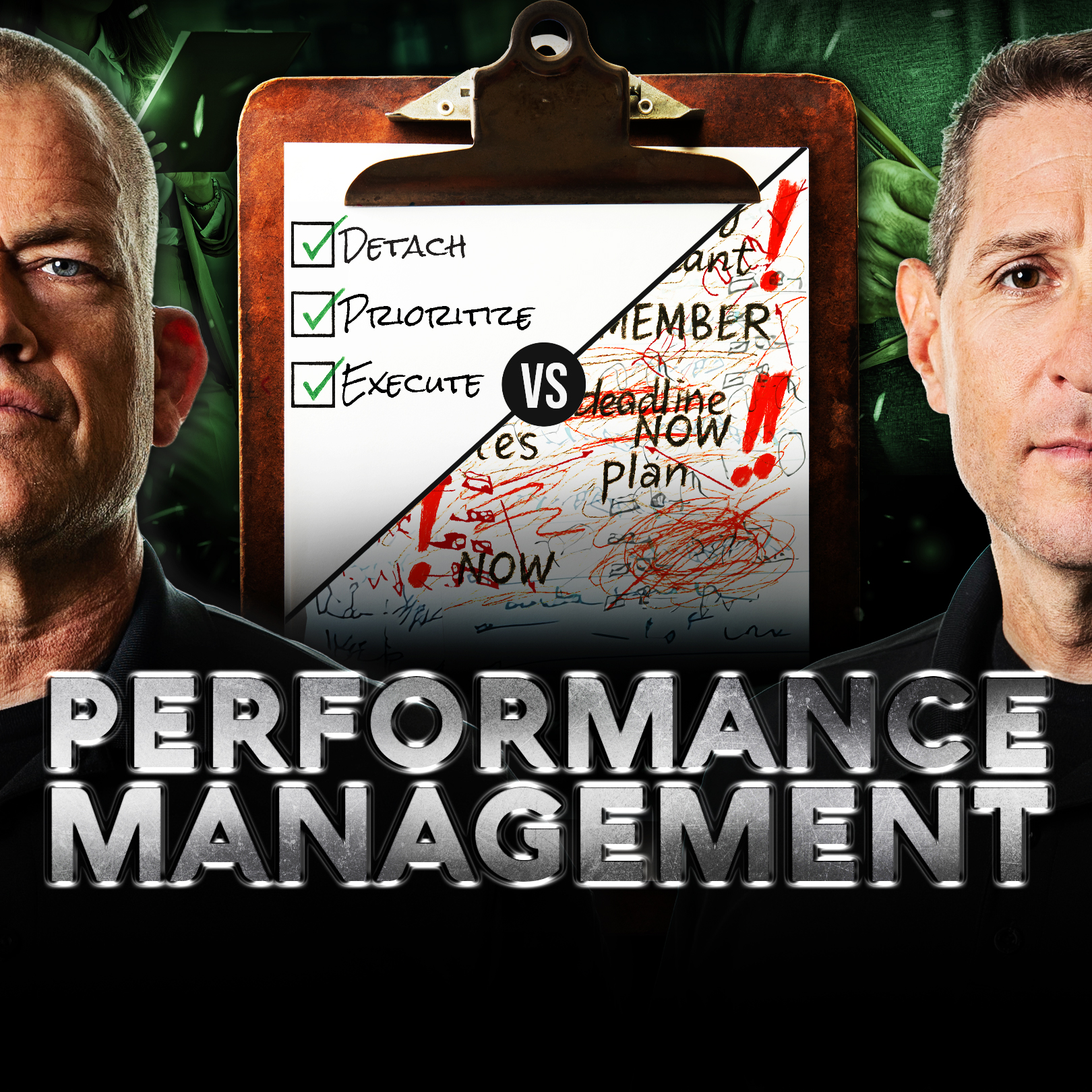In our journey of self-improvement, both personally and professionally, there exists an invaluable yet often underappreciated asset: critical feedback. Feedback provides us with essential insights into our actions, behaviors, and performance. Acknowledging and effectively giving and receiving feedback can be a transformative process, guiding us toward growth and success.
Here’s the catch: critical feedback doesn’t feel good.
Critical feedback doesn’t arrive with fanfare; instead, it often shows up uninvited, stirring discomfort and unease. When feedback knocks on our door, our initial impulse is to shut it out. We recoil from its presence because, truthfully, it stings. It challenges our perceived competence, confronts our ego, and forces us to confront aspects of ourselves we might prefer to ignore. At that moment, our defensive mechanisms kick in; we deflect, argue, or make excuses to protect our self-image. Our ego, that fragile guardian of our identity, flares up, refusing to acknowledge the validity of the feedback. This instinctive reaction is a defense mechanism—our mind’s attempt to shield us from discomfort and preserve our self-esteem. Yet, herein lies the irony: while feedback might sting momentarily, it’s precisely this discomfort that holds the seeds of our growth and development. The discomfort signals an opportunity for change, a chance to transcend our current limitations and evolve into a better version of ourselves. If we can brave the discomfort, resist the urge to shield our ego, and embrace the feedback with an open mind, we open the door to immense possibilities for improvement.
Critical Feedback is a Mirror
At its core, feedback serves as a mirror reflecting aspects of ourselves that might be invisible to our own eyes. It offers a lens through which we can perceive our strengths, weaknesses, blind spots, and areas ripe for improvement. While receiving feedback can be challenging —sometimes uncomfortable or even disheartening—it is essential to remember that it is not a critique of our worth but an assessment of our actions. Understanding this distinction is fundamental to effectively leveraging feedback for personal and professional development.
Critical Feedback is a Gift
I speak from experience. The feedback I received following the inaugural live ASSEMBLY, a transformative two-day conference for women, carried a blend of exhilaration and a sharp sting. Immersed in the euphoria of pouring my heart into this event, the feedback survey, compiled two weeks later, hit me hard. Amidst a sea of overwhelmingly positive comments, one stood out like a solitary storm cloud on a clear day. It read, “She obviously loves talking about herself and how great she is. Maybe share more stories about other people once in a while.”
Initially, that comment felt like a piercing dagger, plunging into the elation I had felt post-event. I found myself fixating on this solitary critique, despite the majority of feedback being affirming. Human nature nudged me toward defensiveness, urging me to engage in an internal debate with the anonymous sender. “My opening highlighted influential women in my life,” I countered. “The Day 1 and Day 2 closings were centered on both historical and current female figures and the lessons we can glean from their stories.” I spent an entire morning entrenched in this defensive mental battle.
Yet, amidst this internal struggle, a realization struck me—I needed a change in perspective. We seek feedback not for validation but for the invaluable insights it provides, fostering honest self-reflection and fueling continuous improvement. That meant this critical feedback held unparalleled significance. It wasn’t an attack; it was a gift.
The concept of feedback as a “gift” cannot be overstated. Imagine being presented with a package containing insights, perspectives, and observations aimed at enhancing your skills and performance. It’s akin to receiving a treasure trove of valuable information that, when utilized wisely, can steer you toward success. Each piece of feedback, positive or negative, holds the potential to illuminate paths for improvement. By recognizing it as a valuable asset rather than a criticism, individuals can harness its power to effect positive change.
Extreme Ownership is Embracing Critical Feedback
The principles of Extreme Ownership emphasize taking complete responsibility for one’s actions and outcomes. Applying this principle to feedback involves embracing criticism with a sense of ownership. Rather than deflecting or ignoring feedback, individuals practicing Extreme Ownership approach it with an open mind and a willingness to learn. By assuming ownership of the feedback received, individuals can harness its potential.
The ability to receive feedback gracefully is a hallmark of effective leadership. Great leaders understand that their personal and professional growth is intrinsically tied to their willingness to accept and act upon feedback. They foster an environment where feedback is encouraged, valued, and integrated into their continuous improvement process. Such leaders recognize that their teams’ success is intricately linked to their own willingness to learn and evolve.
Acting on Critical Feedback is Key
One of the fundamental aspects of feedback is its ability to provide clarity. It serves as a compass, guiding individuals toward a better understanding of their strengths and weaknesses. Through feedback, individuals gain insight into areas where they excel and where they have opportunities for growth. This clarity empowers individuals to make informed decisions about where to focus their efforts and how to allocate resources for development effectively.
Moreover, feedback serves as a catalyst for innovation and progress. When individuals actively seek and embrace feedback, they create a culture of continuous improvement. By incorporating feedback into their workflow, they can identify inefficiencies, refine strategies, and innovate processes. This iterative approach fosters an environment conducive to growth, where learning from mistakes becomes a stepping stone toward success.
However, merely receiving feedback is not enough; it’s crucial to act upon it. The true value of feedback lies in the adjustments and improvements it inspires. Individuals committed to personal and professional development actively analyze feedback, identify patterns, and implement changes accordingly. They recognize that the real benefit comes from translating feedback into actionable steps for improvement.
Conclusion
The importance of being open to and actively seeking critical feedback cannot be overstated. It serves as a cornerstone of personal and professional development, providing invaluable insights and opportunities for growth. Embracing the principles of Extreme Ownership, individuals can harness the transformative power of feedback, viewing it not as criticism but as a gift—an indispensable tool for continuous improvement and success. By adopting a mindset that values feedback as essential intel for improvement, individuals pave the way for their ongoing evolution and advancement.




